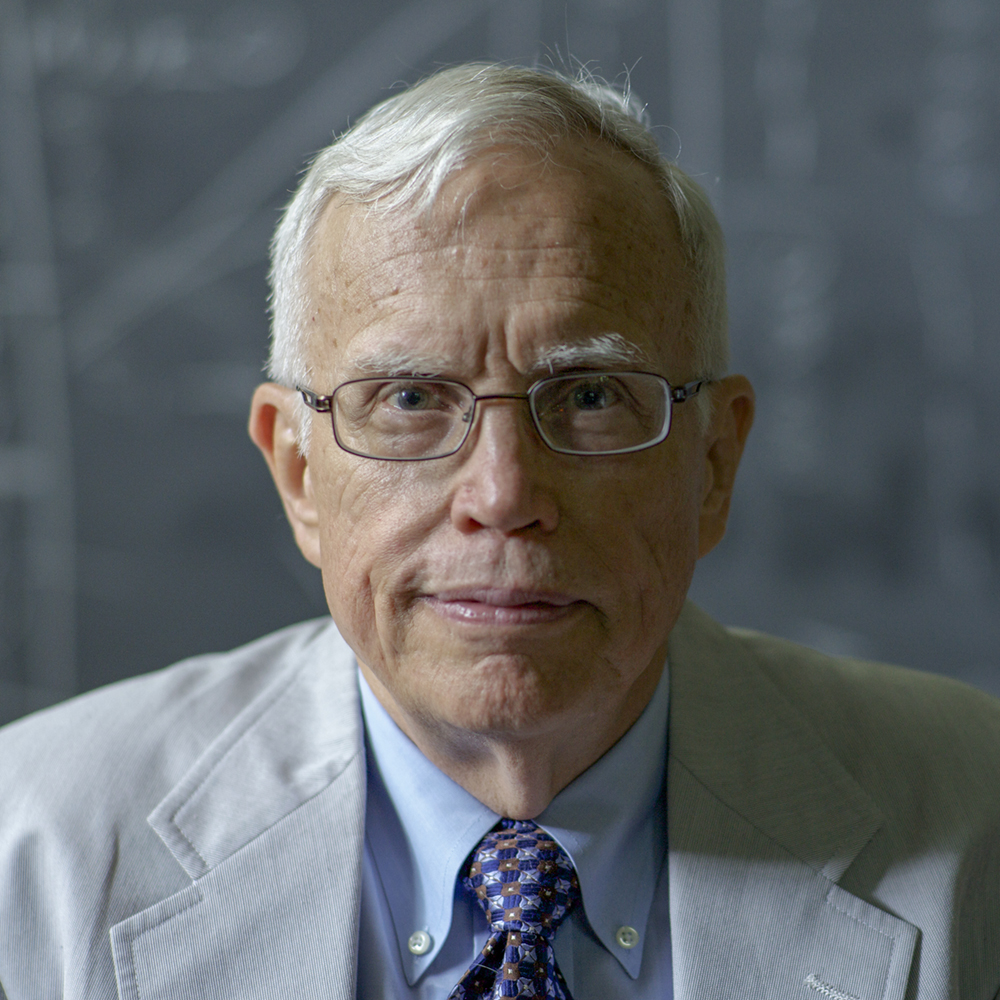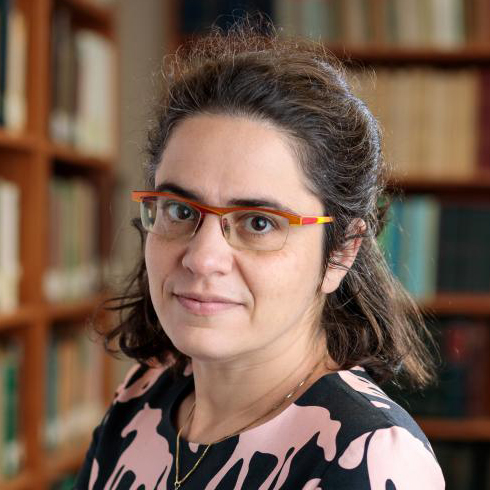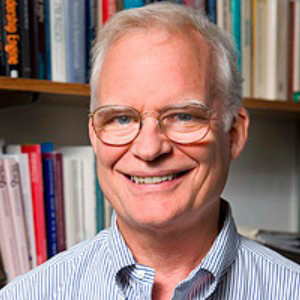
Agency is a central ingredient of purposeful, fulfilling lives. It is the ability to strive, to achieve a sense of control over one’s life, to be resilient in the face of challenges, and to believe in one’s capacity to successfully handle a wide range of tasks and situations, including coping with change in all aspects of life.
This symposium addresses agency from the multiple perspectives of philosophy, economics, and intervention studies designed to foster it. The symposium will consider the economics of motivation and of behavioral change. The practical experiences of educators, motivators, and social scientists engaged in developing agency and helping to create fulfilled lives will be joined with the insights of philosophy and economics to holistically examine agency.
This event is organized by the Center for the Economics of Human Development with support from the Becker Friedman Institute for Research in Economics. It is generously sponsored by the Archbridge Institute.
Videos
Agency: Empowering the Rising Generation to Overcome the Victimhood Narrative
Ian Rowe, American Enterprise Institute
What Happens When Agents Explore?
Agnes Callard, The University of Chicago
How Can Agency and Economics Coexist?
Richard Robb, Columbia University
Roundtable Discussion with Audience Questions
James Heckman, The University of Chicago (Moderator)
Chris Blattman, The University of Chicago
Agnes Callard, The University of Chicago
Kaye Husbands Fealing, Georgia Institute of Technology
Clay Routledge, Archbridge Institute
Stephen Raudenbush, The University of Chicago
Ian Rowe, American Enterprise Institute
Richard Robb, Columbia University
Participants

James J. Heckman, The University of Chicago
James J. Heckman has devoted his professional life to understanding the origins of major social and economic problems related to inequality, social mobility, discrimination, skill formation and regulation, and to devising and evaluating alternative strategies for addressing those problems. His work is rooted in economics, but he actively collaborates across disciplines to get to the heart of major problems. His recent interdisciplinary research on human development and skill formation over the life cycle draws on economics, psychology, genetics, epidemiology, and neuroscience to examine the origins of inequality, the determinants of social mobility, and the links among stages of the life cycle, starting in the womb.

Ian Rowe, American Enterprise Institute
Ian Rowe is a senior fellow at the American Enterprise Institute, where he focuses on education and upward mobility, family formation, and adoption. Mr. Rowe is also the cofounder of Vertex Partnership Academies, a network of character-based International Baccalaureate high schools inaugurated in the Bronx in 2022; the chairman of the board of Spence-Chapin, a nonprofit adoption services organization; and the cofounder of the National Summer School Initiative. He concurrently serves as a senior visiting fellow at the Woodson Center and a writer for the 1776 Unites Campaign. He is the author of Agency: The Four Point Plan (F.R.E.E.) for All Children to Overcome the Victimhood Narrative and Discover Their Pathway to Power (2022).

Agnes Callard, The University of Chicago
Agnes Callard is an Associate Professor in Philosophy at the University of Chicago. Her primary areas of specialization are Ancient Philosophy and Ethics.She was born in Budapest, Hungary, and attended the University of Chicago as an undergraduate. She received her MA (in Classics) and her PhD (in Philosophy) from the University of California, Berkeley. Her book, Aspiration: The Agency of Becoming (2018) discusses the major value-transformations that shape our lives: becoming parents, changes in political views, acquiring new passions. How do these changes happen, and to what extent does a person have a hand in guiding them? Her academic articles in ancient philosophy treat Socratic and Aristotelian ethics.

Richard Robb, Columbia University
Richard Robb is Professor of Professional Practice in International Finance at Columbia’s School of International and Public Affairs, where he teaches courses in microeconomics, economic foundations of capital markets and finance. In addition, he is CEO of Christofferson, Robb and Company, a New York and London based investment management firm that invests in credit and renewable energy markets in Europe and emerging markets. Prior to arriving at SIPA in 2001, he was the global head of the derivatives and securities subsidiaries of the Dai-Ichi Kangyo Bank, Ltd. He is the author of Wilfull: How We Choose What We Do (2019).

Chris Blattman, The University of Chicago
Chris Blattman is an economist and political scientist who uses field work and statistics to study poverty, political engagement, the causes and consequences of violence, and policy in developing countries. He is a professor in the Harris School of Public Policy at the University of Chicago. His book, Why We Fight, was released by Viking Press in April 2022. Most people think war is easy and peace is hard. Blattman synthesizes decades of social science and policymakers’ practical experiences to argue the opposite: War is hard and finding peace is easier than you think.

Kaye Husbands Fealing, Georgia Institute of Technology
Kaye Husbands Fealing is the former Dean of the Ivan Allen College of Liberal Arts at the Georgia Institute of Technology and a former Chair of the School of Public Policy Georgia Tech, where she currently holds the title professor. She is the Assistant Director of the Social, Behavioral and Economic Sciences at the National Science Foundation (NSF) and co-chair of the Subcommittee on Social and Behavioral Sciences of the Committee on Science of the National Science & Technology Council (NSTC). She specializes in science of science and innovation policy, the public value of research expenditures, and broadening participation in STEM fields and the workforce.

Stephen Raudenbush, The University of Chicago
Stephen Raudenbush is the Lewis-Sebring Distinguished Service Professor in the Department of Sociology, the College and the Harris School of Public Policy Studies. He is interested in statistical models for child and youth development within social settings such as classrooms, schools, and neighborhoods. He is best known for his work developing hierarchical linear models, with broad applications in the design and analysis of longitudinal and multilevel research. he is currently studying the development of literacy and math skills in early childhood with implications for instruction; and methods for assessing school and classroom quality. He is a member of the National Academy of Sciences, the American Academy of Arts and Sciences the recipient of the American Educational Research Association award for Distinguished Contributions to Educational Research.

Clay Routledge, Archbridge Institute
Clay Routledge is the Vice President of Research and Director of the Human Flourishing Lab at the Archbridge Institute. He is also co-editor of Profectus, an online magazine dedicated to human progress and flourishing. As a leading expert in existential psychology, Clay’s work focuses on helping people reach their full potential and build meaningful lives. Clay is a highly cited researcher who has published more than 100 scholarly papers, co-edited three academic books, authored three books, and received numerous awards for his research and mentorship. As a public intellectual, Clay has authored dozens of articles for popular outlets including The Wall Street Journal, The New York Times, USA Today, Newsweek, Fortune, The Hill, and Harvard Business Review.
Organizers

The Center for the Economics of Human Development conducts and synthesizes wide-rang-ing research that explores the circumstances under which people develop the skills necessary to achieve their fullest potential and thrive in the current economy. This research, guided by James J. Heckman, brings together teams of the best researchers from through-out the world to explore complex and interrelated aspects of how individuals acquire human capital and how that shapes economic outcomes.

The Archbridge Institute is dedicated to lifting barriers to human flourishing. Through rigorous academic research, sound public policy solutions, and fostering a holistic vision of human flourishing, the Archbridge Institute works to empower individuals to achieve better, richer, and fuller lives by identifying and removing barriers that constrain their potential and encouraging the aspirations and actions that cultivate their capabilities. The Archbridge Institute is led by Gonzalo Schwartz (B.A. Catholic University of Bolivia in economics an M.A. George Mason University in economics). Schwartz focuses on researching and writing about the American Dream, social mobility, the economics of human flourishing, economic development, and entrepreneurship.

The Becker Friedman Institute supports the work of economists and social scientists studying multiple aspects of society. BFI embraces and supports the pioneering research of the Department of Economics, the Booth School of Business, the Harris School of Public policy and the Law School of the University of Chicago. BFI is headed by Erik Hurst (B.A. Clarkson University in economics and finance, M.A./Ph.D. University of Michigan in economics). Hurst is the Frank P. and Marianne R. Diassi Distinguished Service Professor of Economics and John E. Jeuck Faculty Fellow, Chicago Booth.